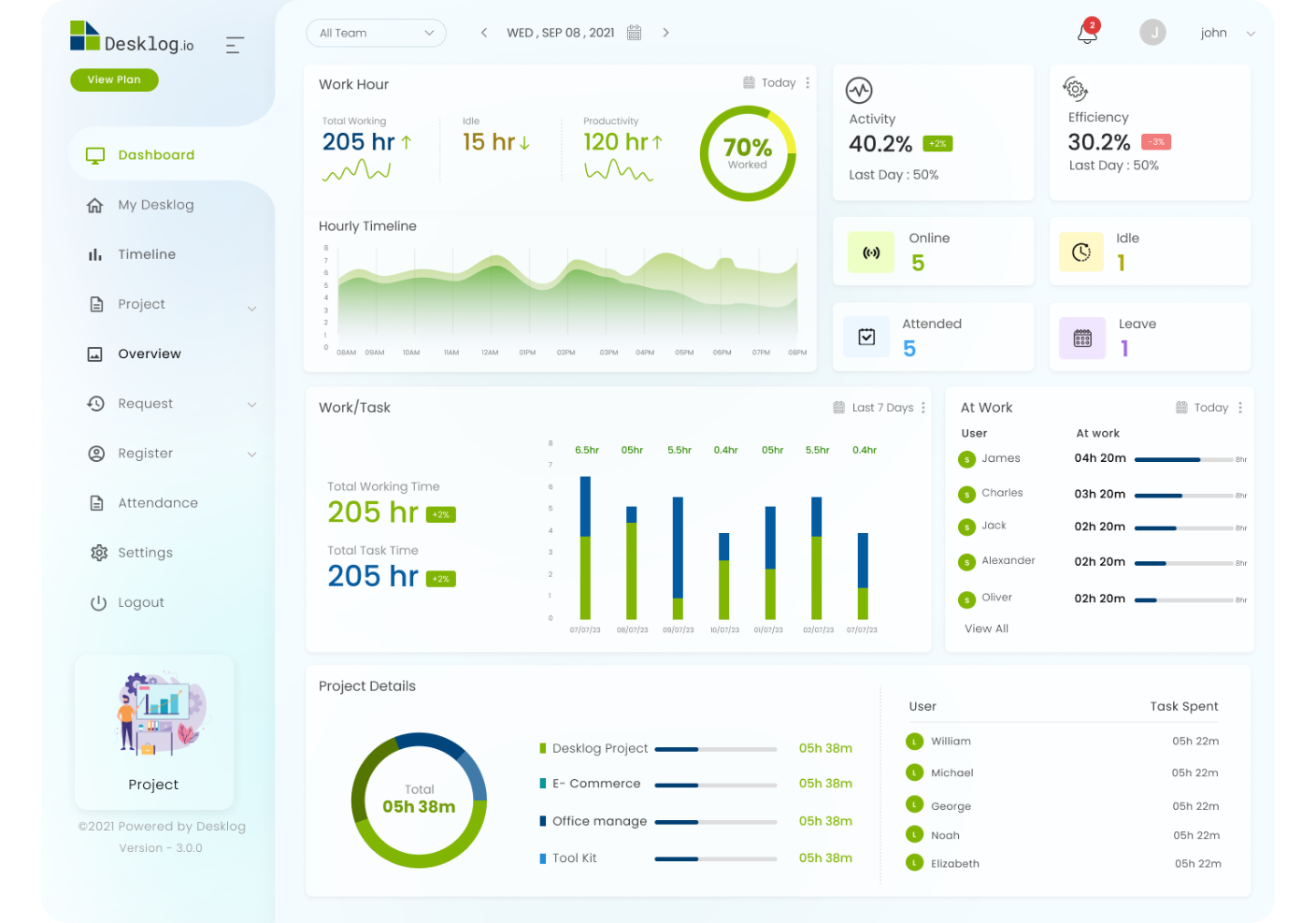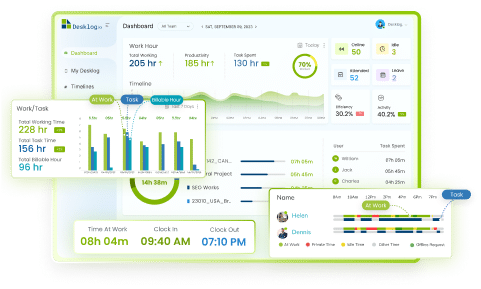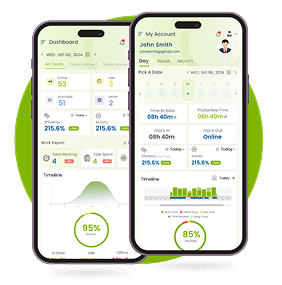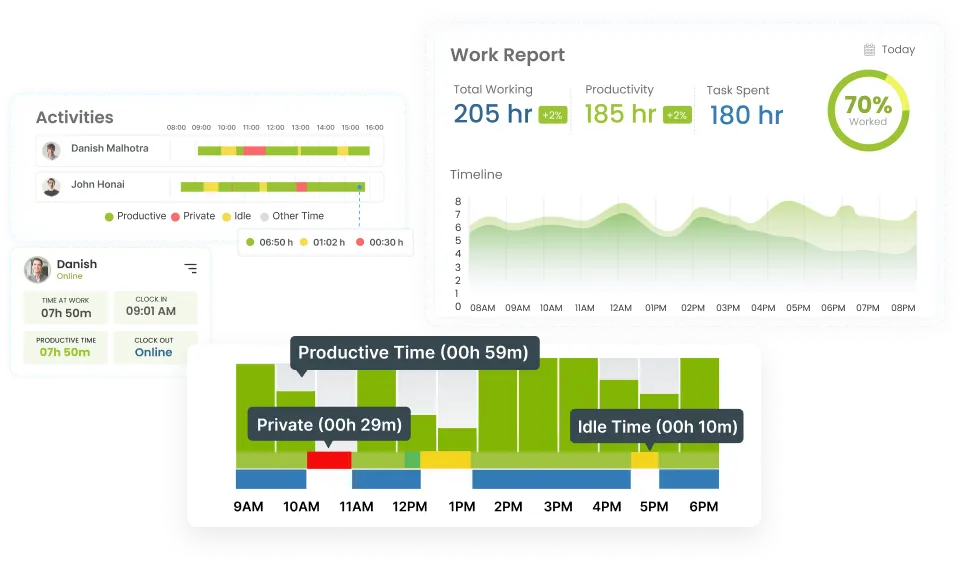
What is Gig Economy ?: Pros & Cons
The gig economy has been a growing trend in recent years, and as a result, the scope of freelance jobs and short-term contracts has increased. As technology has made it easier for people to work remotely, companies have shifted away from traditional benefits like pensions and health insurance. So, whether you’re thinking about joining the gig economy yourself or simply want to understand it better, here’s everything you need to know about it.
What is Gig Economy ?
The Gig economy is formed by temporary employees, freelancers, and contract workers. Unlike traditional economies, it offers more freedom for employees and a better cost-benefit ratio for companies. Since the Gig economy provides cheaper and more efficient services more companies are willing to hire independent services from skilled freelancing individuals over hiring full-time employees.
Gig Economy in Freelancing

Gig Economy Jobs are booming. More and more people are choosing to opt for freelance work over full-time jobs. Here is a list of Gig Economy Examples in Freelancing:

Graphic Design and Branding
In the past, most designers were employed by a single company or agency on a full-time basis. However, today’s gig economy allows designers to work with a variety of clients on a freelance basis. This flexibility can be appealing for many designers, as it allows them to set their own hours and work from home if desired. In addition, gig economy jobs often come with lower overhead costs and higher pay rates than traditional jobs. As a result, gig economy graphic design jobs can be an attractive option for many designers.

Freelance Marketing
If you’re thinking of starting a gig in freelance marketing, there are a few things you need to know. First, it’s important to have a strong understanding of the different aspects of digital marketing, including SEO, social media, email marketing, and content marketing. Secondly, you’ll need to be comfortable working with a variety of clients and industries. And finally, you’ll need to be able to work independently and manage your time effectively.

Digital Marketing
Digital marketing has been one of the most in-demand skills in the gig economy. Whether you’re a freelance writer, designer, or developer, chances are good that you’ve had at least one gig that required some digital marketing skills. And as the gig economy continues to grow, so does the demand for digital marketing talent.

Software developers
There are a number of reasons why freelance software developers are so popular in the gig economy. First, it’s relatively highly paid. Secondly, it’s a flexible skill that can be applied to a wide range of gig types. And finally, there’s a growing need for experts in software development as more and more businesses move online.
Advantages of Gig Economy
The gig economy is a term used to describe the growing trend of people working freelance or short-term jobs instead of traditional full-time jobs. The gig economy has been fueled by the rise of digital platforms like Airbnb and Uber, which make it easier than ever for people to find work.
Listed below are some of the advantages of the Gig Economy:
The cost of hiring employees reduces
Flexibility for employees
Can work remotely
For short-term projects, short-term employees can be hired
A diverse pool of workers
Less work stress
Greater opportunity to negotiate payment
Tax benefits
Greater Independence
Disadvantages of Gig Economy
While the gig economy offers opportunities for flexibility and independence, it also comes with some risks. Listed below are some of the drawbacks of the Gig Economy:
Gig workers often don’t have the same protections as traditional employees such as access to benefits or job security.
In addition, gig work can be unpredictable, meaning that workers may not always know when or how much they’ll be paid.
Most of the time employers are not able to track the productivity of the contractors or freelancers they hire. This is a major problem when the workers are hired on an hourly basis.
How Time tracking software helps to solve drawbacks of the Gig Economy
When workers are hired on hourly basis employers can accurately track the productive hours worked by the freelancers or short-term employees.
Most Gig economy freelancers lose track of time. Therefore, many of the Gig employees are using time tracking or productivity tracking software. Such software is found effective in solving challenges freelancers face in fighting procrastination and self-discipline when working with no higher authority.
Despite these challenges, the gig economy is continuing to grow, and it’s likely that more and more people will join the ranks of gig workers in the years to come.
Want to try our Time Tracking Software?
Try Desklog for free!

Conclusion
The gig economy is a term that is used to describe the trend of people working not for one employer but instead taking on a series of short-term jobs or contracts. While there are benefits to working in the gig economy—including more flexibility and freedom—there are also some drawbacks, including job insecurity and lack of benefits. Hope this blog helped you well in understanding Gig Economy.
















